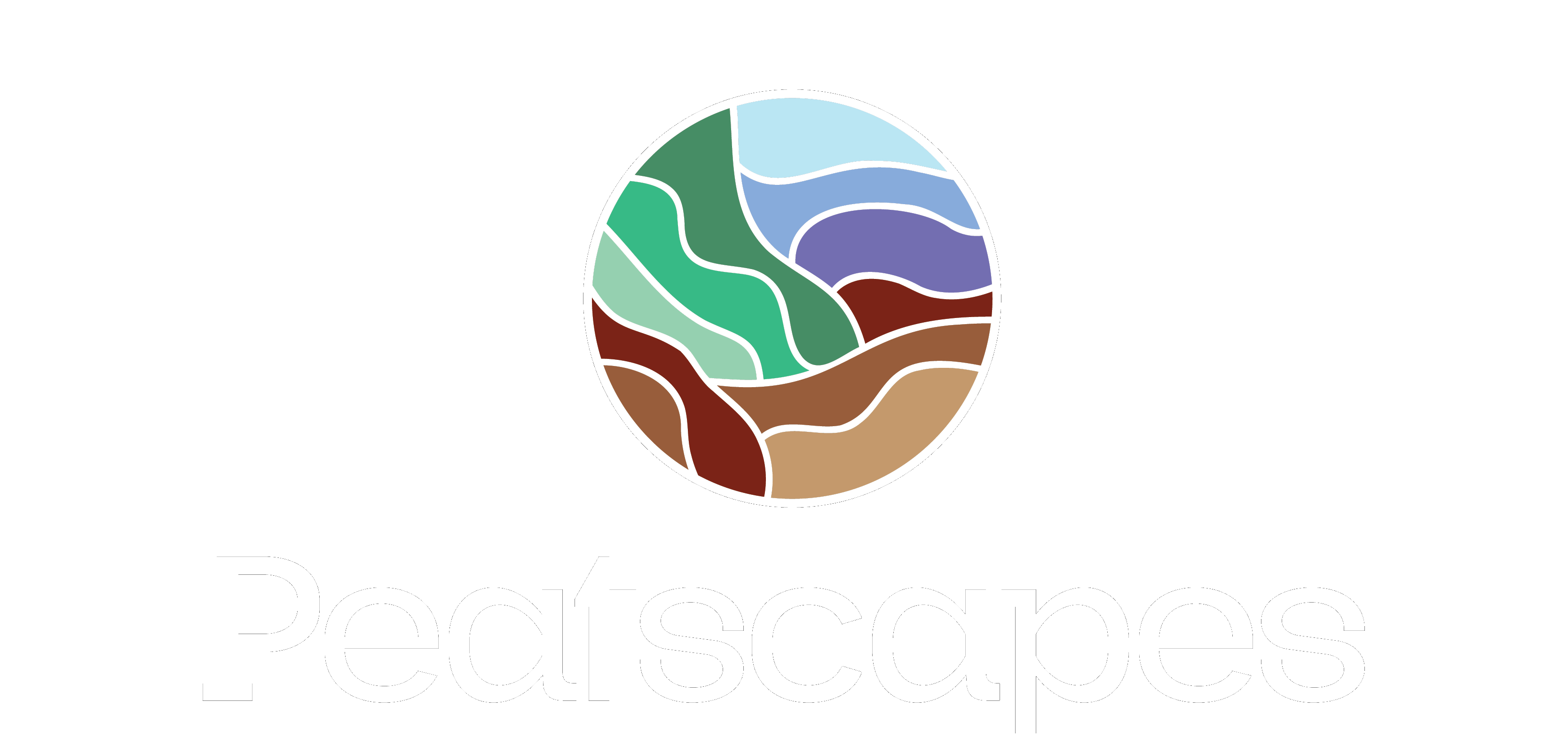Selected Outputs
Poster: Soode taastamise ajendid ja teadmiste konfliktid
Roosa Rytkönen, Kärg Kama, James Palmer, Aneurin Merrill-Glover
30th October 2025
Poster on drivers and knowledge conflicts in wetland restoration, presented by Roosa Rytkönen at the Habitat Restoration and Conservation conference in Saaremaa, Estonia
Article: Carbon futures in the mire?
James Palmer, Kärg Kama, Roosa Rytkönen, Aneurin Merrill-Glover
13th May 2025
In Europe, vast swathes of peatland have historically been drained for agriculture, forestry, or mining, generating significant greenhouse gas emissions. Scientific and policy interest in peat restoration as a “natural climate solution” is therefore growing rapidly, spawning diverse projects that aim either to stabilize carbon already stored in peatlands, or more ambitiously, to reactivate peat-building for carbon sequestration. This paper calls for urgent social science investigation into the remaking of peatlands for climate mitigation
Seminar Paper: Peatscapes in Transition: Knowledge Controversies in European Peatland Restoration
Kärg Kama & James Palmer
6th February 2025
Peatland restoration has fast emerged as a potential “natural climate solution”, catalysed by growing interests in land-based carbon removals to meet “net zero” goals. Yet, peatlands represent hugely diverse and complex ecosystems, as well as longstanding cultural and economic landscapes (or “peatscapes”). Scientific and policy efforts to repurpose peatlands as a resource chiefly for climate mitigation and to rapidly scale up their rewetting have therefore become widely contested. The Peatscapes project traces the knowledge controversies sparked by the reconfiguration of peatlands in Europe across three domains: (1) ontological tensions between carbon-led imperatives and divergent local understandings of peatlands; (2) scientific challenges with efforts to render restoration and carbon accounting methods translatable across diverse contexts; (3) resource-making conflicts arising from the need for restoration to be economically viable against extant socio-political objectives, including through possible integration of peatlands into carbon markets.
Blog Post: On Moral Grounds? Carbon Futures for Lowland Peat
Aneurin Merrill-Glover
8th November 2024
Across Europe, peatlands have nurtured sophisticated and distinctive socio-ecological systems for thousands of years. The process of restoring these unique landscapes—or “peatscapes”—is one that is neither strictly ecological nor exclusively ordered as part of a top-down international response to global warming.
Conference Paper: Reduce, Remove, Avoid: Metrological Strategy in the Remaking of Peatland Restoration
Aneurin Merrill-Glover, Roosa Rytkönen, James Palmer & Kärg Kama
18th July 2024
Rewetting of degraded peatlands is increasingly pursued as a
solution for net-zero transitions with hopes placed on private capital to rapidly scale-up peat restoration.
This paper explores the politics of knowledge inherent in the creation of new peat-based carbon economies in the south of the UK.
Conference Paper: Counting on Peatlands: Contingencies of Carbon Accounting in Peatland Restoration
Roosa Rytkönen & Aneurin Merrill-Glover
11th June 2024
This paper problematises the category of carbon removal by exploring carbon accounting
in peatland restoration. The ecological diversity of European peatlands and the
fragmentary nature of existing data sets, further complicates efforts to ‘scale-up’
peatland restoration as a ‘natural climate solution’. In response to the conference call,
the paper examines: 1) how peatland ecosystems intrinsically resist straightforward
categorisation as carbon sources or removers; and 2) how the promise of active carbon
sequestration is nonetheless mobilised in ecological restoration to create new peat-based
carbon economies.
Seminar Paper: Carbon Futures in the Mire? Knowledge Controversies in Peatland Restoration and Resource-Making
James Palmer
24th January 2024
James presented an overview of the Peatscapes project as part of a Political Ecology research group seminar at the Department of Geography, King’s College London.
Seminar Paper: Carbon Futures in the Mire
James Palmer and Kärg Kama
9th January 2024
James and Kärg introduced the Peatscapes project at the Peat Café, an online seminar series.
Seminar Paper: Peatscapes: Infrastructures for Extraction/Restoration
Kärg Kama
20th October 2023
Kärg presented on the Peatscapes project at the 'Ecologies and Infrastructure in Eastern Europe and the Black Sea' conference, jointly-hosted by the UCL Anthropocene and UCL Institute of Advanced Studies in London.
Conference Paper: Peatscapes: Knowledge Controversies in Peat Restoration
Aneurin Merrill-Glover, Roosa Rytkönen, James Palmer & Kärg Kama
5th September 2023
This project undertakes the first social science investigation of knowledge controversies surrounding efforts to “remake” peatlands as a resource for carbon
storage at four different peatland restoration sites. It also traces how scientific expertise is integrated into strategies for making restoration economically viable.
Conference Paper: Peatscapes: Carbon Futures in the Mire?
James Palmer & Kärg Kama
1st September 2023
James and Kärg introduced the Peatscapes Project at the Royal Geographical Society Annual Conference in London.
Leverhulme Newsletter: Carbon Futures in the Mire? Knowledge Controversies in European Peatland Restoration
James Palmer
February 2023
James Palmer and his team examine how the restoration of Europe’s diverse
‘peatscapes’ could be scaled up in a manner that successfully reconciles climate
benefits with broader social, economic and environmental objectives.
